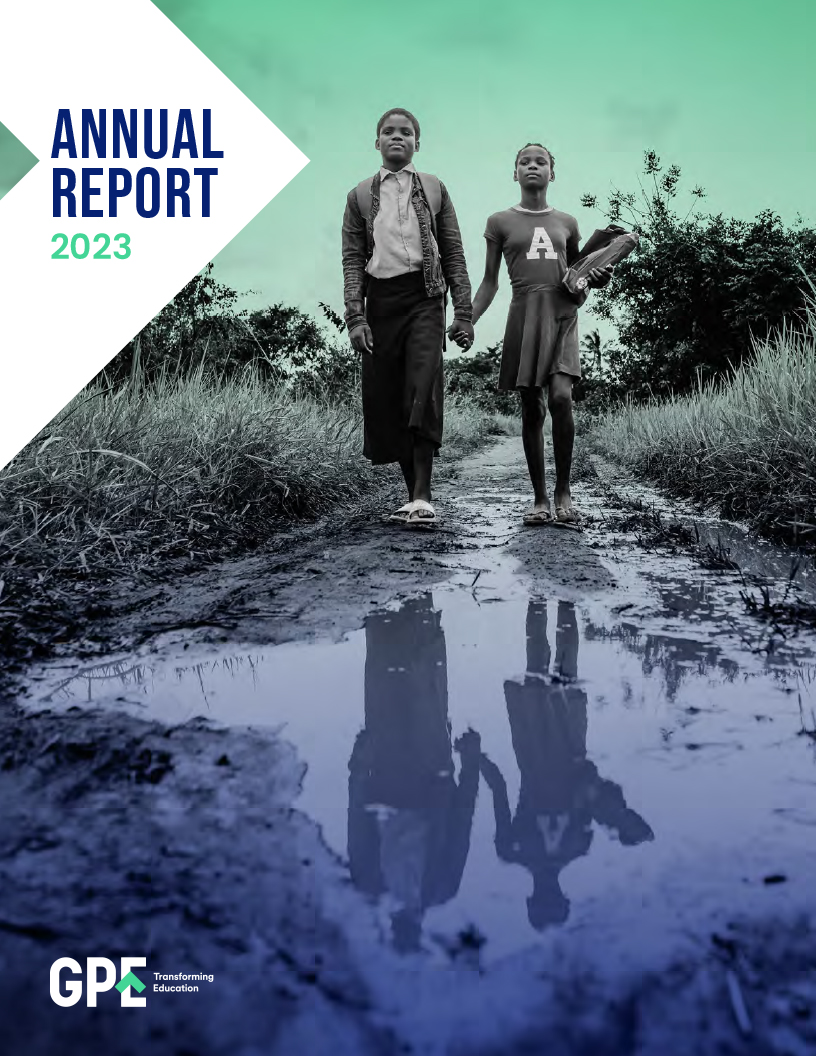Annual Report 2023
Highlights


Transforming education
Throughout 2023, GPE leveraged partnerships and funding to support the efforts of nearly 90 partner countries to transform their education systems and help every child get an education fit for the 21st century.
GPE worked with governments and local partners to identify priority reforms with the potential to boost learning at scale. Each country's approach is captured in a partnership compact that directs and aligns financing and technical expertise behind the priority reform.
Partnership compacts showed that countries are focused on improving quality learning, more equitable and inclusive education, quality teaching, foundational learning and pre-primary education. Gender considerations are central across every priority reform.


Grants approved in 2023
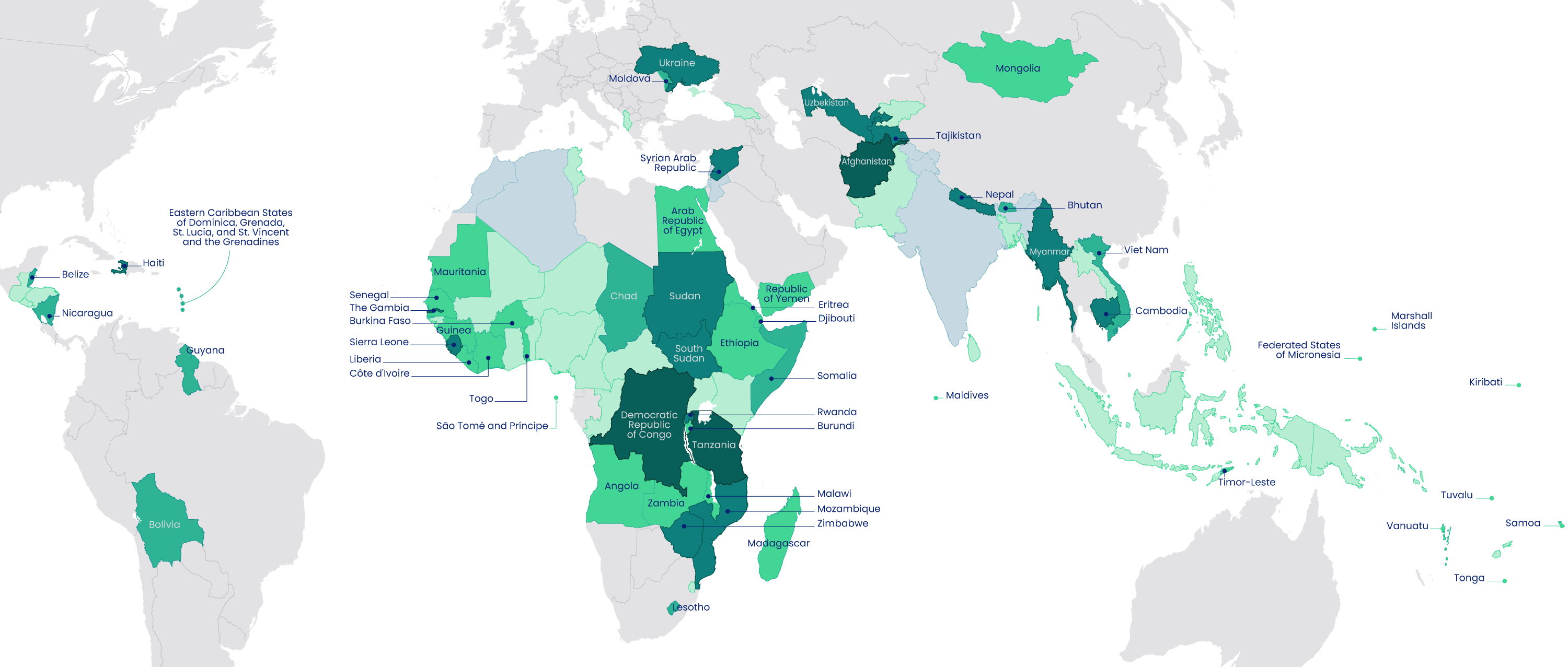
The boundaries, colors, denominations and any other information shown on this map do not imply, on the part of GPE, any judgment on the legal status of any territory, or any endorsement or acceptance of such boundaries.




Results
teachers trained
textbooks distributed.
built or renovated.
applied research grants supported by KIX, involving 53 countries and 104 organizations
inclusive policy discussions and social accountability mechanisms through Education Out Loud activities
In GPE partner countries






Thematic spotlight
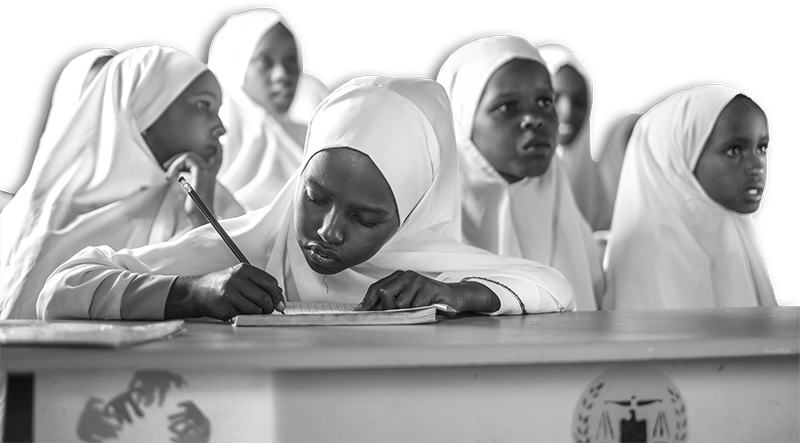
Gender equality
- Every partnership compact endorsed by education partners in 2023 considered gender aspects.
- GPE launched “Going Further Together: A Partnership Approach to Gender Equality”, setting out how we pursue tangible actions to match our ambitions for enshrining gender in everything we do.
- 9 grants approved under the Girls' Education Accelerator totaling $176.5 million.
- 2 events co-organized at Women Deliver 2023 in Rwanda on the barriers to gender equality in education and other sectors.
- Janet Mbugua becomes GPE champion, a strong advocate for gender equality.
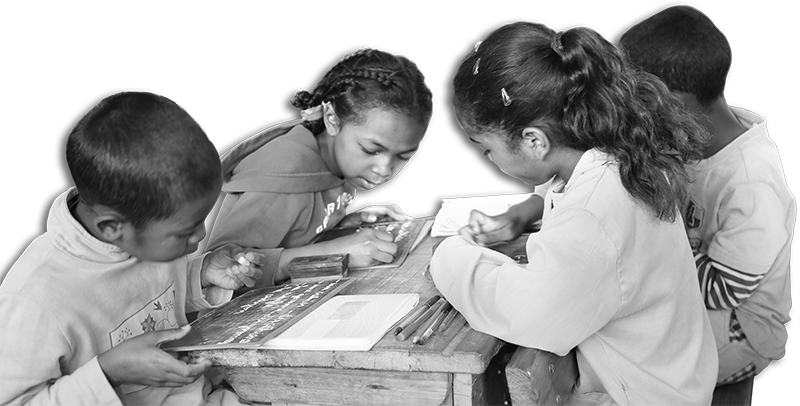
Climate change
- GPE leverages the interconnections between education systems and the environment, aiming to future-proof learning to foster better, more sustainable management of our planet.
- GPE launched Toward Climate-Smart Education Systems: A 7-Dimension Framework for Action, to maximize the complementarity between the many approaches to climate resilience and climate action in education.
- Together with Save the Children, UNESCO and UNESCO's International Institute for Education Planning, GPE launched the Climate Smart Education Systems Initiative to assist ministries in integrating climate into their data systems, policies, plans and curricula.
- At COP28, GPE teamed up with the Green Climate Fund and Save the Children to launch the $70 million program Building the Climate Resilience of Children and Communities Through the Education Sector, or BRACE.

Foundational learning
- GPE endorsed the Commitment to Action on foundational learning and formally joined the Coalition for Foundational Learning.
- Most GPE partner countries are putting foundational learning and a focus on learning outcomes as the cornerstone of their transformation efforts in partnership compacts.
- Learn more: Blog series on foundational learning
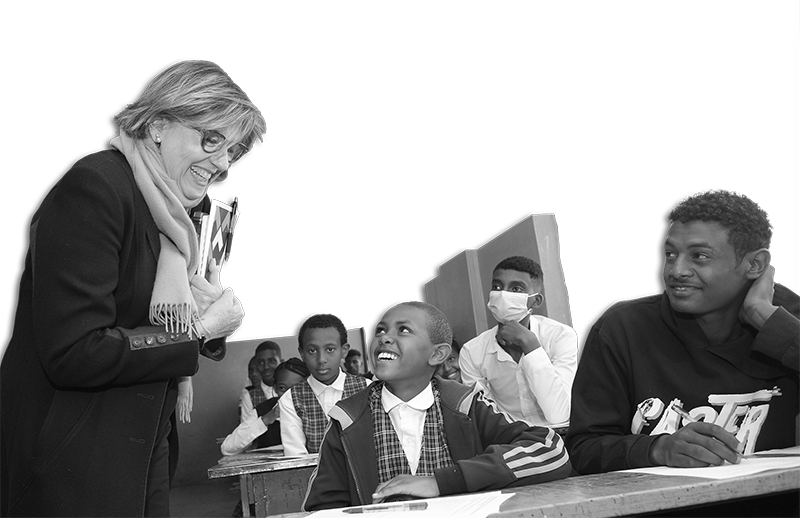
Peace and security
- GPE collaborated with the Institute for Economics and Peace and the Center for Strategic and International Studies to investigate the linkages between education and peace. The resulting research reaffirmed the potential for education to build peaceful societies.
- Report: Education: A path to a peaceful future
- Report: Investing in quality education for economic development, peace and stability
- Read the IEP – GPE blog: Building a more peaceful future through education
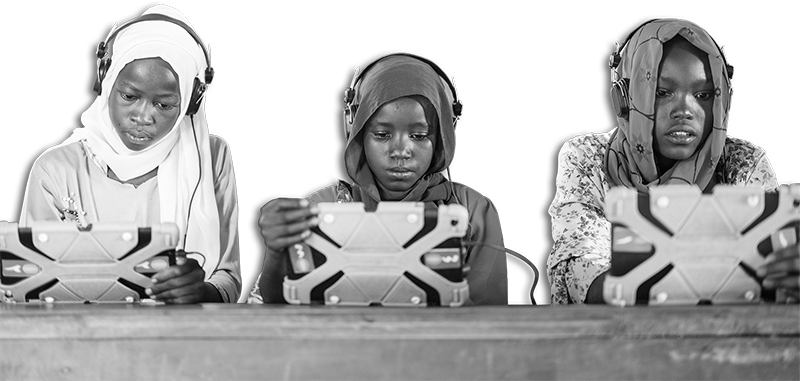
Displaced children
- GPE has invested $1.1 billion to strengthen education systems in 17 countries where refugees had at least some access to schooling.
- Education Out Loud, GPE's fund for advocacy and social accountability, supported civil society organizations in promoting access to quality education for refugees and other marginalized groups in 37 areas affected by fragility and conflict.
- GPE signed the Multistakeholder Pledge: Securing Sustainable Futures - Towards a Shared Responsibility to Uphold the Right to Education and Include Refugee Children in National Education Systems during the Global Refugee Forum in Geneva.
- GPE granted membership eligibility to Jordan and Lebanon as both countries host rapidly growing refugee populations.
- Read the blog series: Ensuring refugee inclusion in education systems
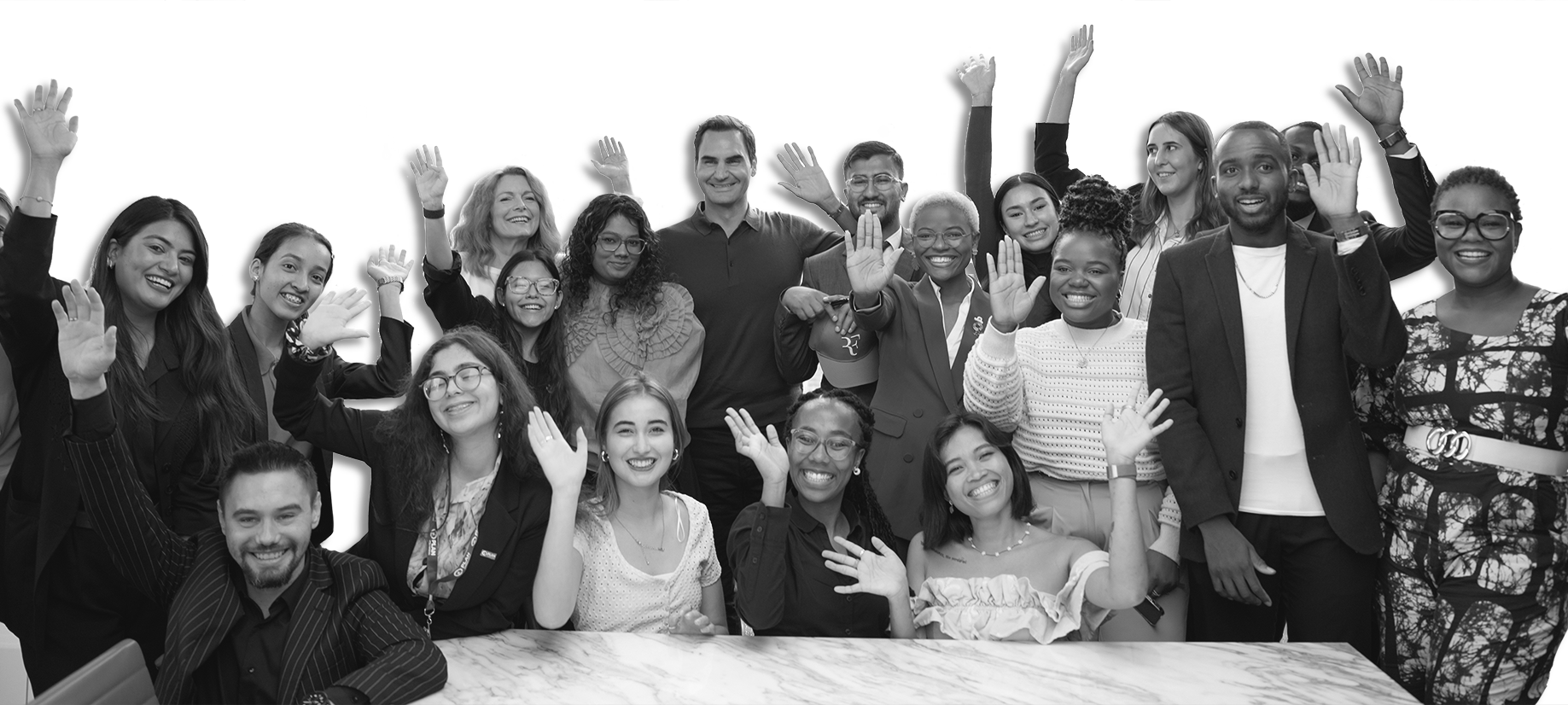
Innovative financing
- $2.5 billion leveraged from partners via the GPE Multiplier, surpassing in just 3 years the co-financing target set for 2025.
- Google and Microsoft Corporation became the first private sector partners to use in-kind contributions and cash to unlock the Multiplier in Ukraine.
- $69.8 million in accelerated financing in 2023 to support response to crises, such as in Syria and Sudan
- First contributions from the Roger Federer Foundation (Lesotho), the Harry Hole Foundation (girls' education) and The Nippon Foundation (Viet Nam )
- $280 million in funding allocated by the ACG SmartEd initiative.
- Read blog series: Innovative financing to transform education


Feature stories
Belize: Boosting skills development
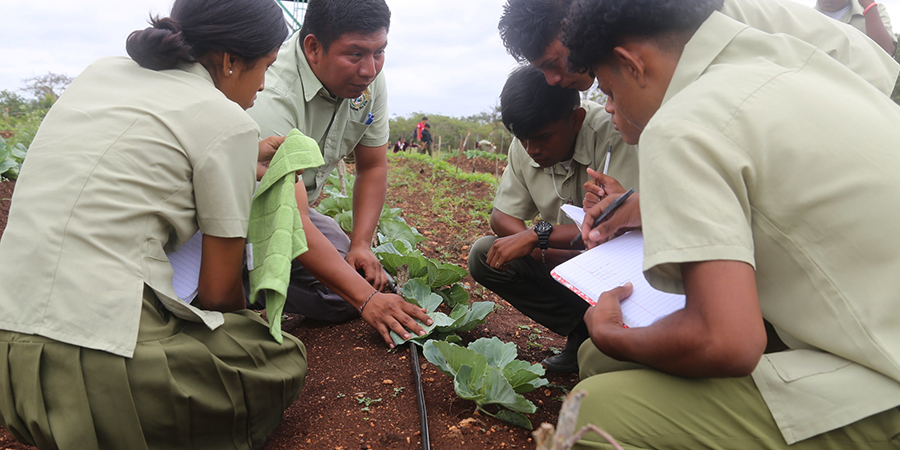
With a high reliance on agriculture, tourism and fishing, and much of its critical infrastructure exposed to a changing climate, the government of Belize wants graduates prepared for the future of work in roles in the digital economy and low-carbon industries.
Belize joined GPE in early 2023 and by May had obtained $20 million in funding: $15 million from the IaDB and $5 million from a GPE Multiplier grant.
Belize is transforming teaching and learning, and prioritizing underserved children. The country is using the $20 million investments to help close gender gaps in education and to advance science, technology, engineering, arts and mathematics by constructing six regional laboratory hubs.
Chad: Using technology to reach refugee children

Chad shelters 1.3 million displaced persons, including more than 1 million refugees. To provide an education to displaced children, KIX is supporting War Child's ‘Can't Wait to Learn' initiative, which researched the scaling of technology use for education in Chad, Sudan and Uganda.
War Child and KIX analyzed how students learned in schools across three refugee camps in Chad. They found that children using the ‘Can't Wait to Learn' tablets and programs learned 50% more than children who didn't.
Girls learned four times more than boys and girls that started with lower numeracy skills than male peers caught up in a few months.
Côte d'Ivoire: Targeting barriers to learning
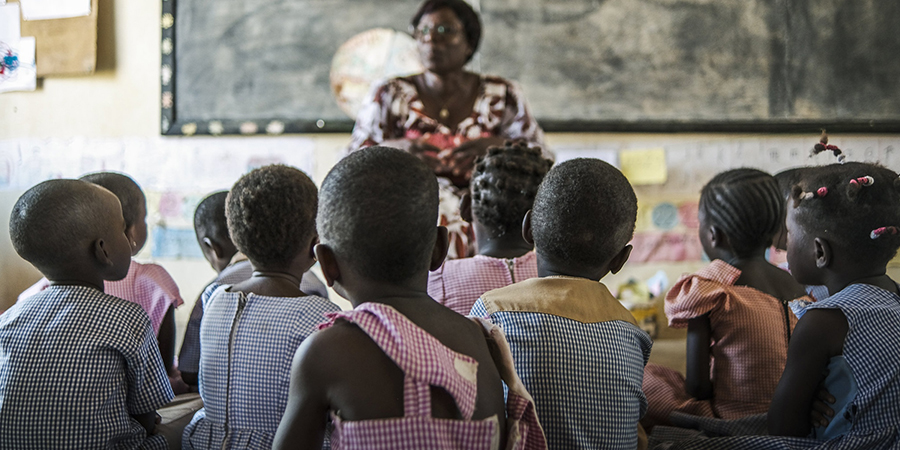
The government of Côte d'Ivoire seized on the opportunity presented by the development of its partnership compact to target foundational learning as a priority reform that could best deliver far-reaching and lasting change.
The compact is aligned with the National Foundational Learning Program, which aims to improve basic skills of young learners with innovative teaching methods; provision of a minimum package of learning materials; improved in-service training focused on teaching practices, pedagogical supervision and coaching; and regular learning assessments.
Guatemala: Diversifying funding sources for education

During 2023, Guatemala and its partners in a newly created local education group mobilized $47.2 million for education to better serve all children and adolescents, particularly those with indigenous backgrounds and living in rural areas.
The new funding unlocked a $10 million Multiplier grant, with cofinancers including several local foundations and associations as well as World Vision, Save the Children and UNICEF.
The grant financing generated greater resources to the sector than would have been possible via borrowing, minimizing the impact on Guatemala's debt sustainability.
The additional resources leveraged through the Multiplier and the alignment generated by the underlying education sector plan created the incentives for other donors to join this initiative.
Madagascar: Adapting to climate challenges

In the last 35 years, more than 5 million children have been affected by 46 natural disasters in Madagascar. These disasters, intensified by climate change, have destroyed school infrastructure and reduced school attendance, especially for vulnerable students.
The Ministry of Education is identifying safe locations to build schools, adopting climate-proof designs so school buildings can withstanding disasters, and implementing new disaster-resistant infrastructure standards for schools in high-risk areas.
With GPE funding, the ministry is revising the school calendar to align with the agriculture and weather seasons, which will help minimize absenteeism caused by problems accessing schools during the rainy, cyclone and drought seasons.
Somaliland: Addressing gender inequalities

The lack of female teachers is a major barrier to girls' attendance and experience of learning in schools.
GPE resources will increase girls' enrollment and improve their learning experience by expanding early childhood education, particularly female teacher availability. Investment in new classrooms will include water and hygiene facilities and new girl-friendly spaces.
Somaliland's program will remove barriers for female teachers, address gender-responsive pedagogy and training on gender-based violence. Girls' Education Accelerator financing will increase the technical and decision-making capacity of the gender unit within the Ministry of Education alongside targeted measures to address dropout of adolescent girls.
Ukraine: Sustaining learning

More than 2 years of sustained conflict have left 1,800 children dead or wounded. Ongoing fighting continues to threaten the future of an entire generation.
In April 2023, GPE teamed up with Google, Microsoft Corporation and UNESCO for a $51 million package of support to keep children learning. Implemented by UNESCO and UNICEF, the program includes teacher professional development, mental health and psychosocial support, education planning and management, as well as distribution of digital devices.
The program will reach more than 350,000 primary and secondary school-age learners affected by the conflict and more than 60,000 others involved in education.

